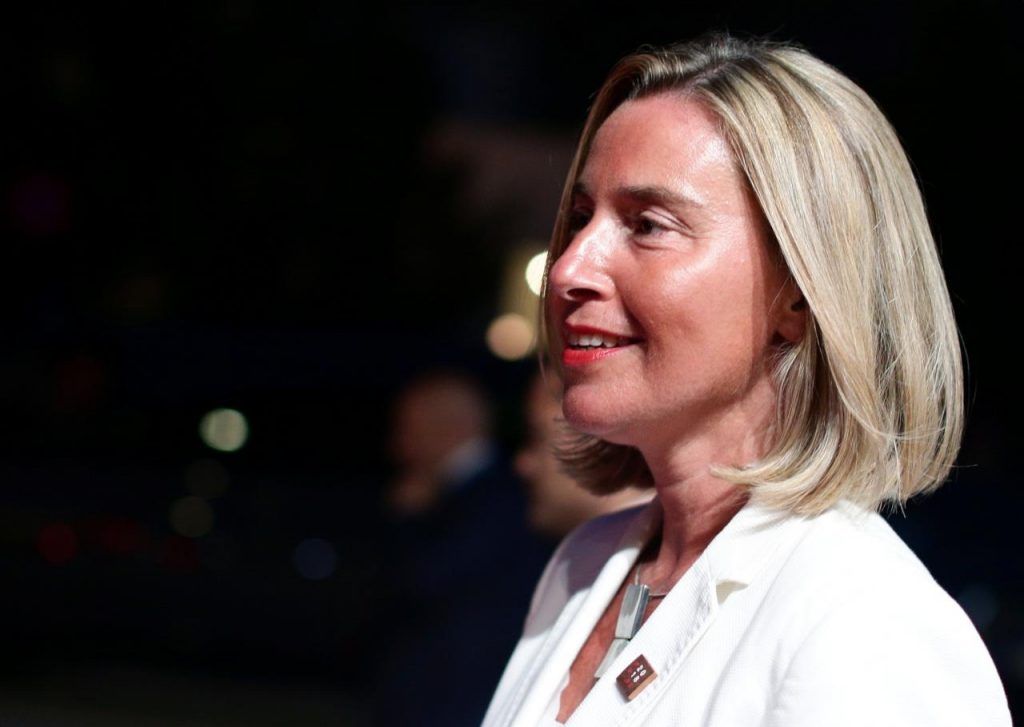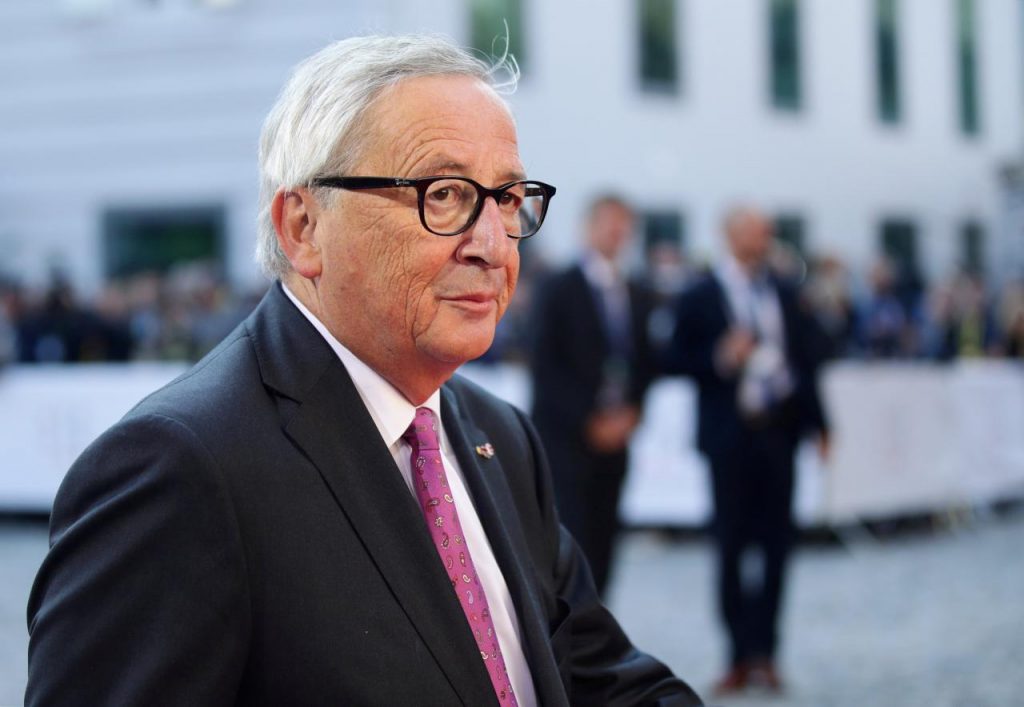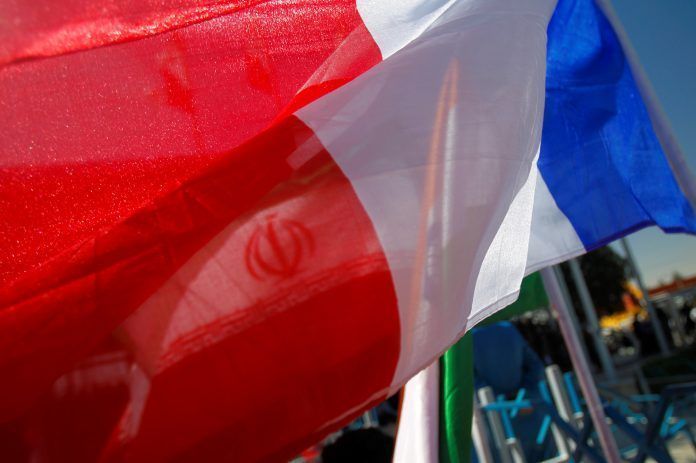PARIS, Oct 18 (Reuters) – France’s foreign ministry said on Thursday a so-called Special Purpose Vehicle (SPV) that the European Union is considering creating to enable trade with Iran could be used more broadly to help the bloc avoid the extraterritorial reach of U.S. law.
EU foreign policy chief Federica Mogherini said in September that the new mechanism would be in place by November as it seeks to keep trade flowing even though new U.S. sanctions on Tehran will take effect from Nov. 4.

The idea is to circumvent the sanctions under which Washington can cut off from the U.S. financial system any bank that facilitates an oil transaction with Iran.
Until now, the SPV appeared to focus solely on Iran. But in a reply to Reuters, the French foreign ministry said the idea was for the SPV to go beyond Iran and cover a wider range of EU trade.
“The ongoing work on the special purpose vehicle should facilitate financial transactions for companies wishing to maintain trade relations withIran, in accordance with European law,” foreign ministry spokeswoman Agnes Von der Muhll said.
“It aims to create an economic sovereignty tool for the European Union beyond this one case. It is therefore a long-term plan that will protect European companies in the future from the effect of illegal extraterritorial sanctions.”
Many diplomats and analysts have expressed doubt over whether such a mechanism could ultimately thwart U.S. sanctions given that the United States could amend its sanctions laws to target the SPV itself.
The U.S. special envoy on Iran, Brian Hook, told reporters on Monday that European efforts would struggle to gain traction given there was little demand after more than 100 companies had pulled out of Iran.
With the flood of companies leaving in mind, the European Union’s focus has shifted to the longer term to try to overcome a perception that European policy is held hostage by the U.S. treasury.
Commission President Jean-Claude Juncker has proposed promoting the euro as a global currency to challenge the dollar, potentially allowing oil to be priced on world markets in euros.

(Reporting by John Irish; Editing by Hugh Lawson)


